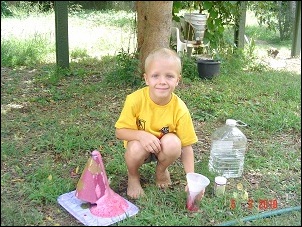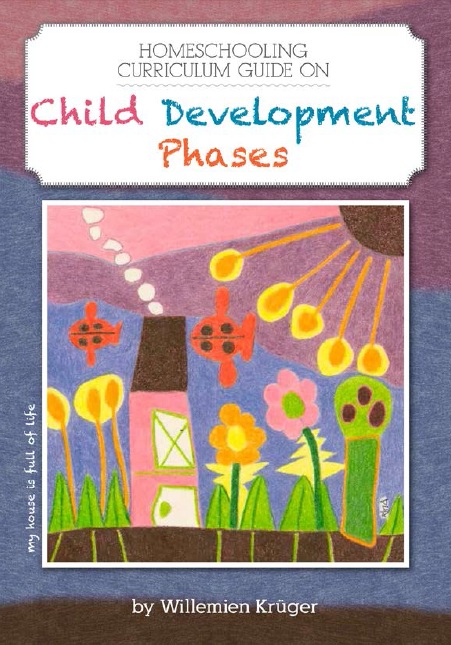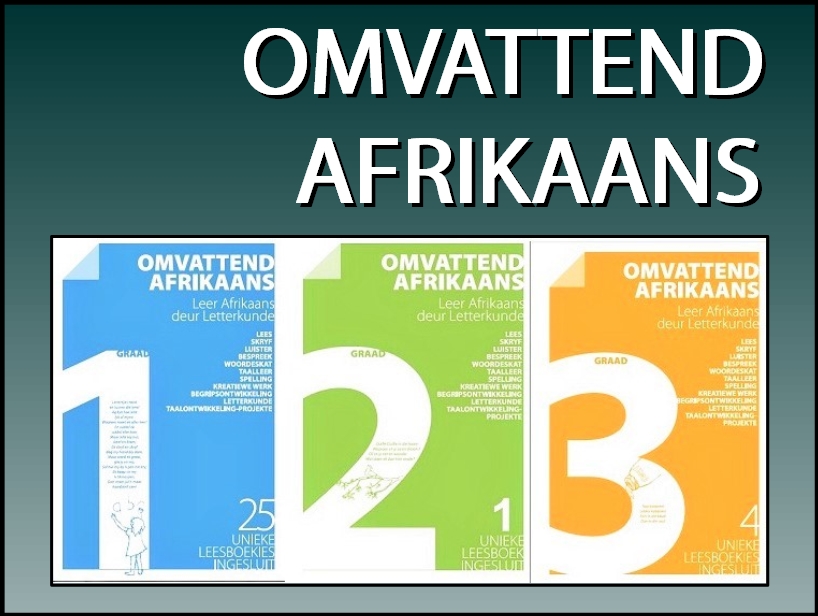Build a Solid Foundation for Your 6-9 year old in Preparation for Later Learning
Throughout all the phases a total view of spiritual, physical, intellectual, emotional and social development should be kept in mind.
During this phase the intellectual development starts to happen more formally as you provide the environment and stimulation for that to happen.
The more common word used for this development is academics.
But do not be misled and think that academics is now the only focus there should be….all the other aspects stay very important during all the phases!
Before age ten the focus should be on building a good foundation including aspects such as character, obedience, listening well, reading and writing, creativity, being able to work well and an enthusiasm to learn more.
This is often called the Preparation stage.
Primary goals for this stage
1. Learn important bible stories.
2. Participate in family devotions.
3. Learn to read and write in home language (you can add a second language when home language is established well).
4. Learn to listen well and be able to narrate well. As communication skills development is still crucially important it is helpful to be aware of the speech and language development milestones at ages 6-7yrs or 7-8yrs or 8-9yrs.
5. Read good literature aloud for the child.
Ideas and concepts for this stage
It is during this phase that many people who have started homeschooling get the most worried….but it is specifically during this phase that the exciting flame ‘to learn’ must be kept alive.
It is in this phase that children are usually very excited about everything.
Use this time to make ‘school‘ enjoyable and establish a structure and routine so that they will form a good concept of what is expected of them to work positively.
One of the best resources that have helped me in developing a course of study for this phase is Ruth Beechick’s The three R’s (Grades K-3). These 3 booklets has such a logical natural approach to the the 3 R’s of Reading, wRiting and aRithmetic. These books are worthwhile to have on your bookshelf.
Another resource that has helped me to relax and take things more naturally is The Charlotte Mason companion by Karen Andreola. Her “personal reflections on the gentle art of learning” gives specific advice on especially the earlier years and how to gently instill a love for learning in your child. Worth a read!
|
My own curriculum compilation follows the logic that the primary goal in this phase is to learn to read and write – preferable in your home language first and then another language can be added later on. |
 |
Look out for a good learning-to-read program in your home language as a start. For my personal story on how I taught my children to read have a look here:
A personal experience with teaching reading
Below are suggestions for Afrikaans and English.
|
For a comprehensive AFRIKAANS language program: (Leer Afrikaans deur Letterkunde) |
For an English learning to read program: Teach your child to read.

Books I have found helpful during this stage
(Available in South Africa at LOOT or otherwise at AMAZON)
- THE THREE R'S, Ruth Beechick
- EDUCATING THE WHOLEHEARTED CHILD, Sally Clarkson
- HOME LEARNING YEAR BY YEAR, Rebecca Rupp
Back to Homeschooling Curriculum Guide Home Page

